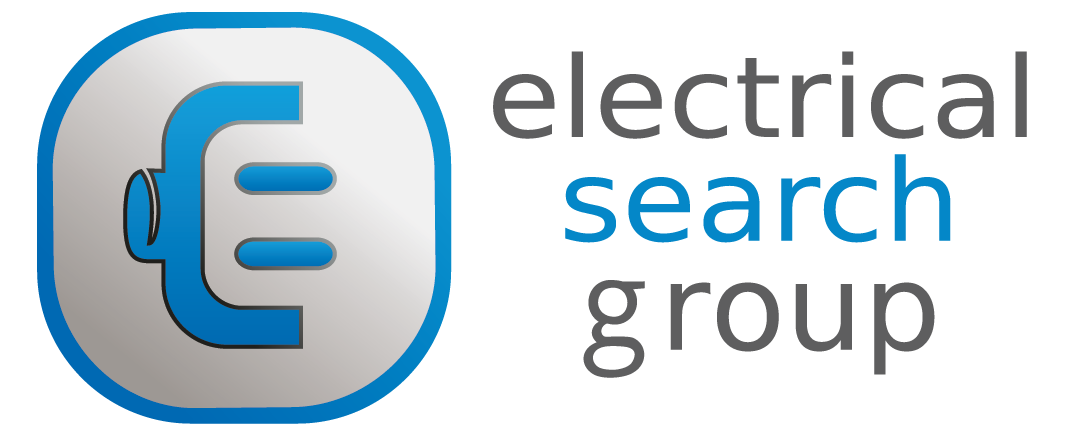Generation Y, or the Millennial Generation, is often the subject of negative hype with critics often quick to label their brand of work ethic as “lazy,” “entitled,” and even “egotistical.” Many of these stereotypes spawn from the attitude with which Millennials approach their lives and careers. Critics uncomfortable with these changes frame this departure from tradition negatively.
Yet the data shows that individuals from the Millennial generation are actually not as different than their older counterparts as some may think. Though some essential priorities and perspectives differ, the Millennial Generation equally consists of hard workers and problem-solving innovators. The reality is that this generation is already shaping the future of our workforce and will continue to do so. In 2015, they dominated the construction industry (and most other industries) as the largest group to enter the workforce, and in much greater numbers than Gen Xers and Baby Boomers.
Below, we review what the data says about Millennial employees, their values and work ethics, and why they are essential to the future of the construction industry.
Reciprocal Loyalty & Commitment
While Baby Boomers and even Gen Xers have the reputation of remaining with a particular company for 20 to 30 (or more) years, Millennials are often dismissed as more fickle with their loyalty.
However, the actual data speaks differently. According to a survey done by FMI, 74% of Millennials intend to remain with their company for more than five years, given the right circumstances.
The key to understanding the Millennial Generation is understanding their values and their modus operandi. While Boomers and Gen Xers tend to favor stability, job security, and earned rewards in terms of salary increases and health benefits, Millennials are opportunists in the most positive way. They will remain loyal to a company who offers opportunities for career and personal advancement, and encourages a flexible and collaborative culture in addition to competitive pay and benefits. Work-life balance is a greater priority, with 57% of Millennials surveyed worldwide by Harvard Business Review in 2015 indicating this as an important factor in their work career. 47% of those surveyed also value flexibility in work hours as well. This generation will reciprocate the loyalty and investment in a company as long as they feel they are being valued appropriately.
If your company can offer competitive advantages that reciprocate the value they provide you, then you’ll have a better chance of not only attracting qualified millennial candidates, but retaining them as well. Without these incentives in place, most Millennial employees have no problem following better opportunities.
Generation Innovation
Globalization as well as the rapid rate of evolving technologies has set a precedence for innovation in every industry. In order to stay relevant, companies keep their competitive edge by remaining innovative, open to change based on market conditions as well as internal innovation in the company, and the ability to take advantage of current trends.
For the most part, Millennials were raised during a technological boom that empowered them to push the envelope with creative endeavors, engage in investigative science, and question existing boundaries with themselves and the world. These conditions shaped a highly innovative and creative generation willing to experiment with new ideas, take risks, and work eagerly toward ingenious solutions.
Construction companies have struggled to regain ground lost during the last recession, and innovation is strongly required as an ingredient in renewed success. Today, hiring Millennial employees and giving them an environment to determine innovative solutions to big problems could be the missing variable in the equation.
Encourage Technological Integration
Millennials are the first generation of ‘digital natives,’ growing up in a rapidly changing technological world. With this savvy, a whole new realm of social media networks emerged, permanently changing not only the way individuals interact with each other, but the way companies, advertisers, and employers interface with their prospects, customers, and employees.
This digital umbilical cord renders Millennials with a strong desire to stay in tune, in touch, and online as much as possible. According to comScore’s article “Marketing to Millennials” this generation spends, on average, 96 hours of each month on the Internet.
The construction industry is known at times for lagging behind these trends. By incorporating both new technologies and Millennial employees to learn and master them, your company can find a win-win solution. Millennials are eager to learn, especially when it comes to exploring technological opportunities and innovations. This strategy will entice qualified prospects to grow a stronger workforce organically.
Utilizing Millennial employees’ digital inclinations can help inform key strategies in shaping your company, whether it comes to creating a cohesive workplace culture, or implementing marketing strategies to attract the younger, highly-skilled generation onboard.
Balancing Act
Generation Y is known for prioritizing a healthy work-life balance which many workplaces are striving to achieve as this demographic begins to dominate the modern workforce. In some industries like construction, however, this can be trickier to accommodate with an already atypical work schedule. Work projects can travel to different locations, span longer work days, and be more physically taxing.
While the construction industry isn’t able to offer the regularly flexible hours some other workplaces can, making different options available can help appeal to and retain skilled Millennial prospects. For example, EC&M suggests offering a paid sabbatical to prevent burnout and allow employees time to rest and renew themselves. Additionally, offering opportunities for professional and personal development will convey to younger employees that their company values their well-being and cares about them as individuals. This is an important detail appreciated by the younger generation.
Communication, Communication, Communication
In addition to growing up amidst burgeoning technological innovations, Millennials experienced more of a cooperative and team-building environment during their educational and extracurricular formative years. They enter the workforce poised for collaboration and an eagerness to voice their ideas and regularly communicate with everyone on the team, superiors included. This generation is largely unfamiliar with traditional hierarchical channels and limitations between an entry-level employee and a higher-level executive, for example.
These ingrained collaborative skillsets are beneficial in an industry requiring teamwork on projects, especially of larger scale and scope such as construction. Newer construction technologies also allow all involved parties real-time collaboration to efficiently relay information, confirm final decisions, and receive updates without requiring everyone to be in the same place at the same time.
Moving Forward with Millennials
There’s no question that the Millennial generation is trailblazing a shift in workplace culture, expectations, as well as paradigms used to establish company policy, procedures, and in conducting business. Even if your company is just starting to adapt to this new movement, an openness and willingness to adjust in this new climate is a step in the right direction.
For any questions, strategic advice, or more information, please reach out to Electrical Search Group (ESG) by visiting our contact page.









